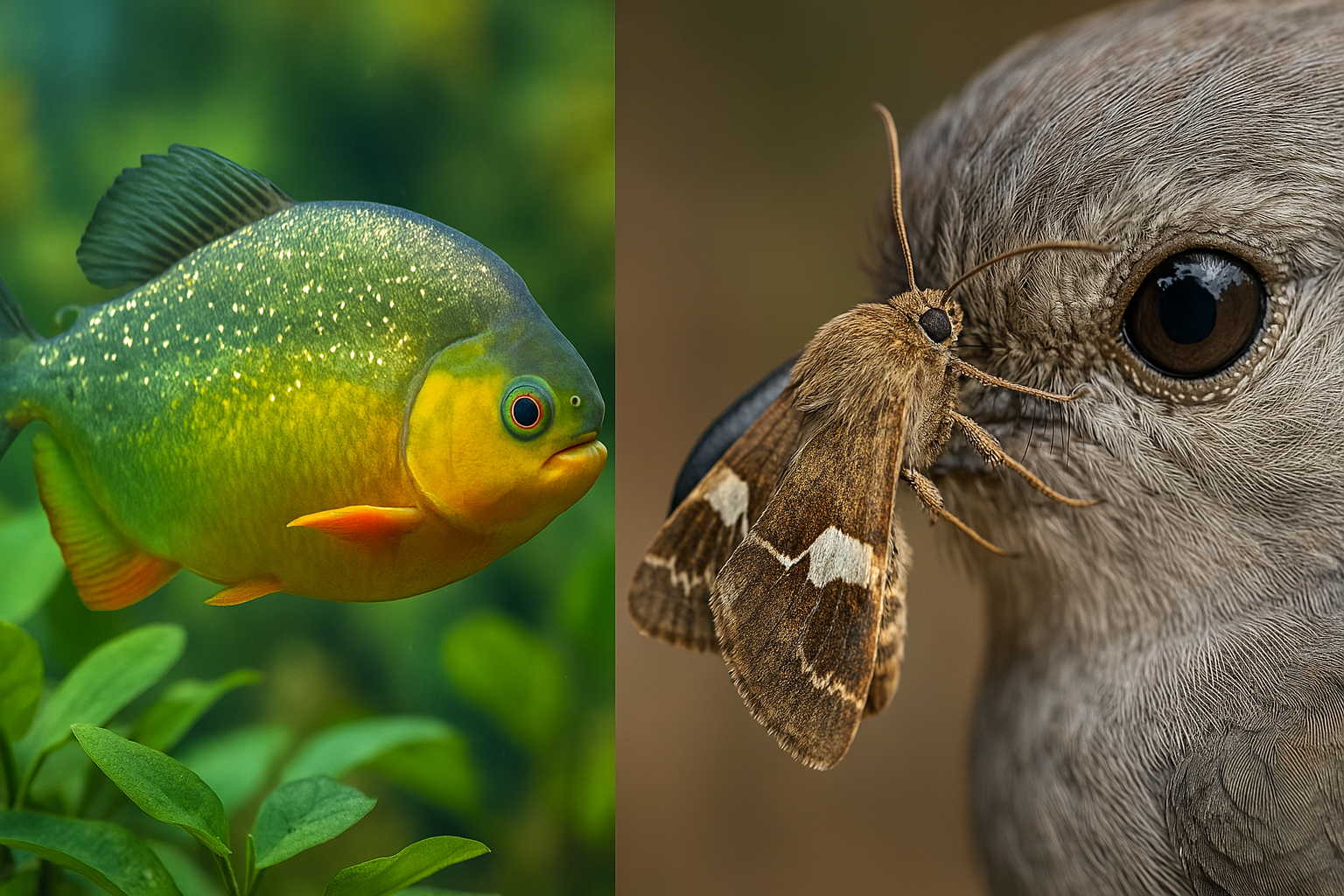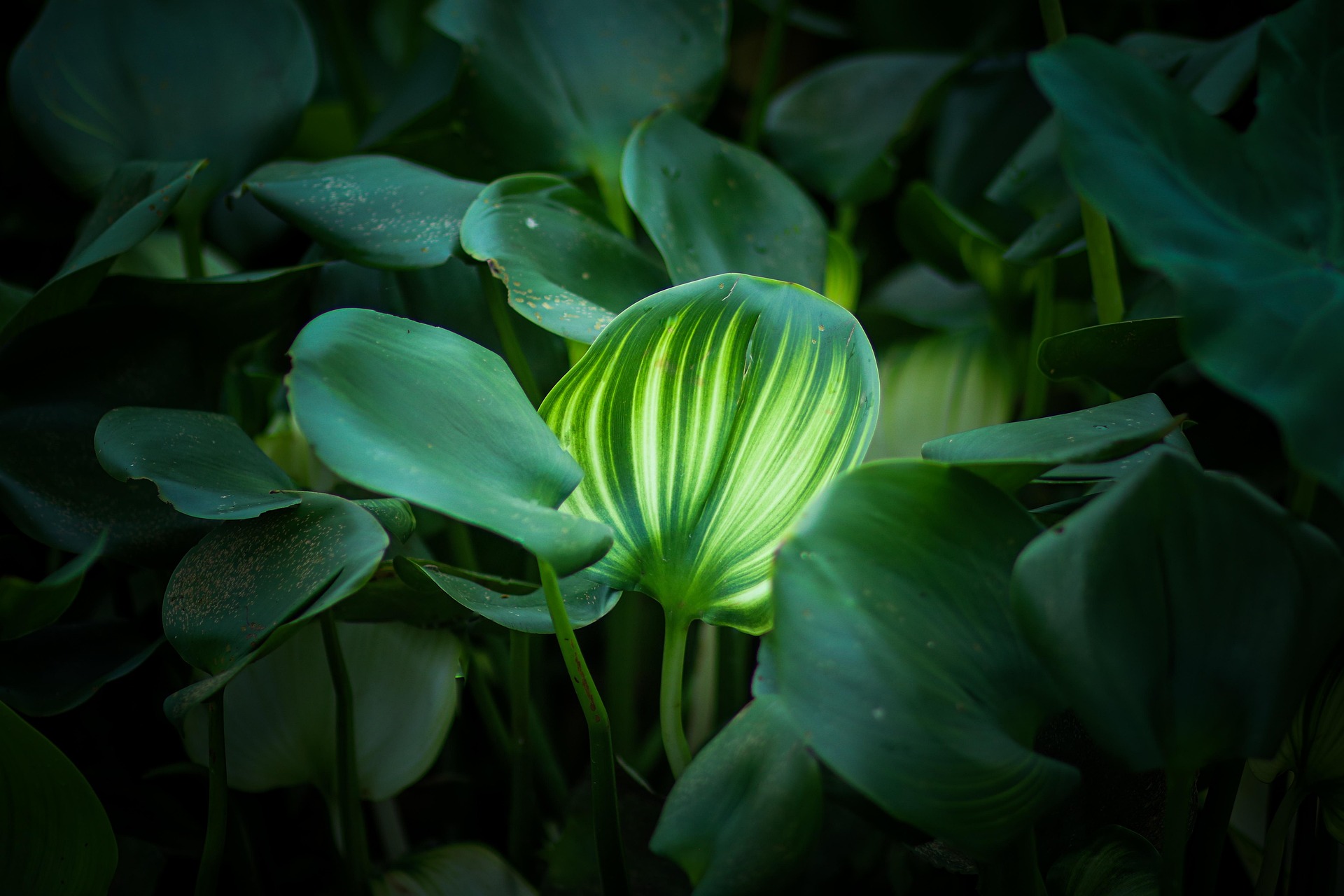In 2024, the scientific community celebrated a number of groundbreaking discoveries, shedding light on the remarkable biodiversity that still thrives on our planet. Among the most fascinating findings were the identification of a vegetarian piranha from the Amazon and Madagascan moths that feed on bird tears. These discoveries highlight the untapped richness of life in even the most unexpected corners of the world and emphasize the critical need for continued ecological research.
Unveiling the vegetarian piranha
Traditionally, piranhas are known for their sharp teeth and carnivorous diet, but the discovery of a new species from the Amazon challenges this perception. This newly identified vegetarian piranha, unlike its notorious relatives, feeds on plants and fruits found in the Amazon’s murky waters. This surprising discovery is not only a testament to the adaptability of wildlife but also offers valuable insights into the role these fish play in their ecosystem. By consuming plant material, this piranha species may contribute to the balance of plant life and offer new perspectives on how aquatic species evolve to fill different ecological niches.
The curious case of Madagascan moths
Equally fascinating was the discovery of Madagascan moths that feed on bird tears. These moths, named Vampire Moths by some researchers, have developed a highly unusual feeding mechanism. Instead of relying on nectar or traditional food sources, these moths have evolved the ability to pierce the skin of birds and drink their tears. This form of parasitism is rare in the insect world and highlights the extreme adaptability of organisms in specific ecological environments. The moths’ behavior could have important implications for understanding the interdependence of species within fragile ecosystems and how biodiversity can evolve in response to specific environmental pressures.
Understanding biodiversity and ecological balance
Both of these discoveries remind us of the immense diversity of life that still remains to be uncovered in Earth’s ecosystems. From dense tropical rainforests to the unique ecosystems of Madagascar, new species continue to emerge, each contributing to the delicate balance of nature. These findings serve as a reminder that the planet’s biodiversity is constantly evolving and that there is still much we do not know about the natural world.
The discovery of new species also emphasizes the importance of conservation efforts and the need for continued research. As human activities continue to impact the environment, studying and protecting these newfound species is crucial to maintaining the health and balance of ecosystems.
The road ahead for ecological research
The identification of new species like the vegetarian piranha and the bird-tearing moth proves that the biological world is far more complex than we might have imagined. It underscores the importance of ongoing scientific exploration to uncover hidden wonders of biodiversity. With the rapid pace of environmental change, it is more important than ever to focus on preserving ecosystems and fostering an understanding of how different species interact within them.
Ultimately, the more we learn about these unique life forms, the better equipped we will be to protect the delicate web of life that sustains our planet.





